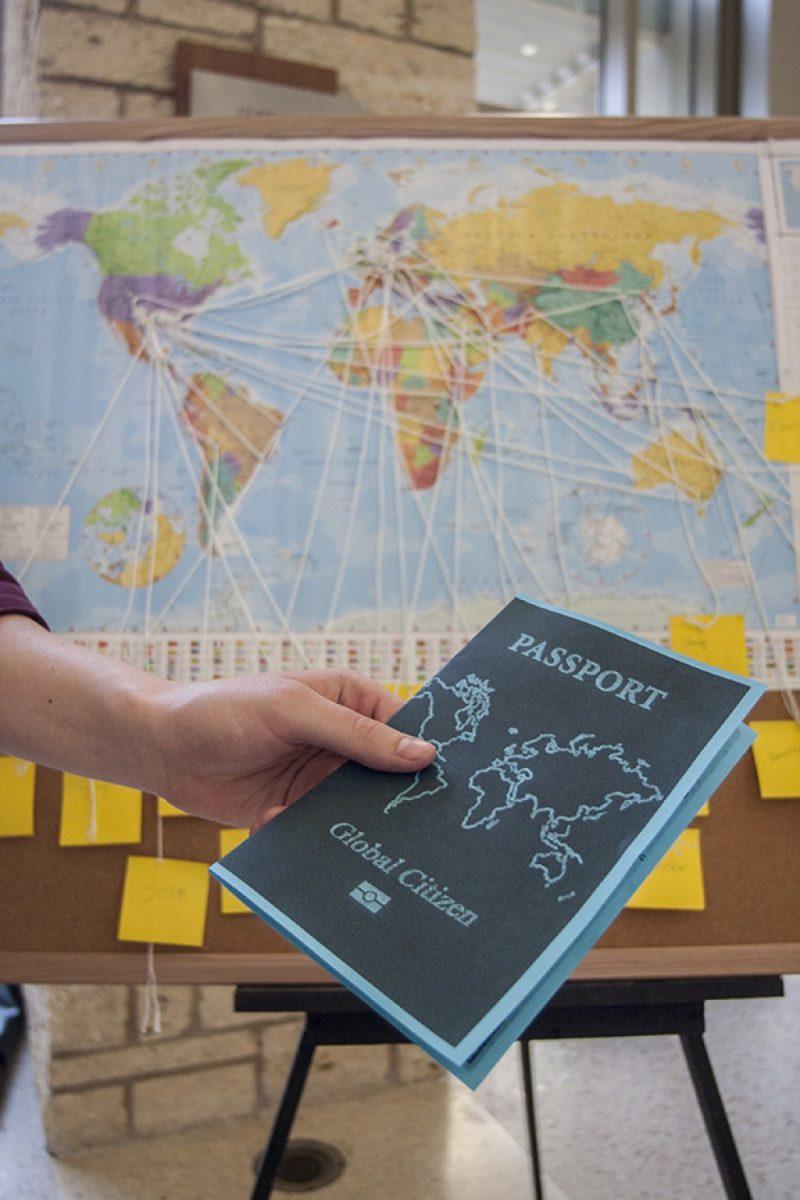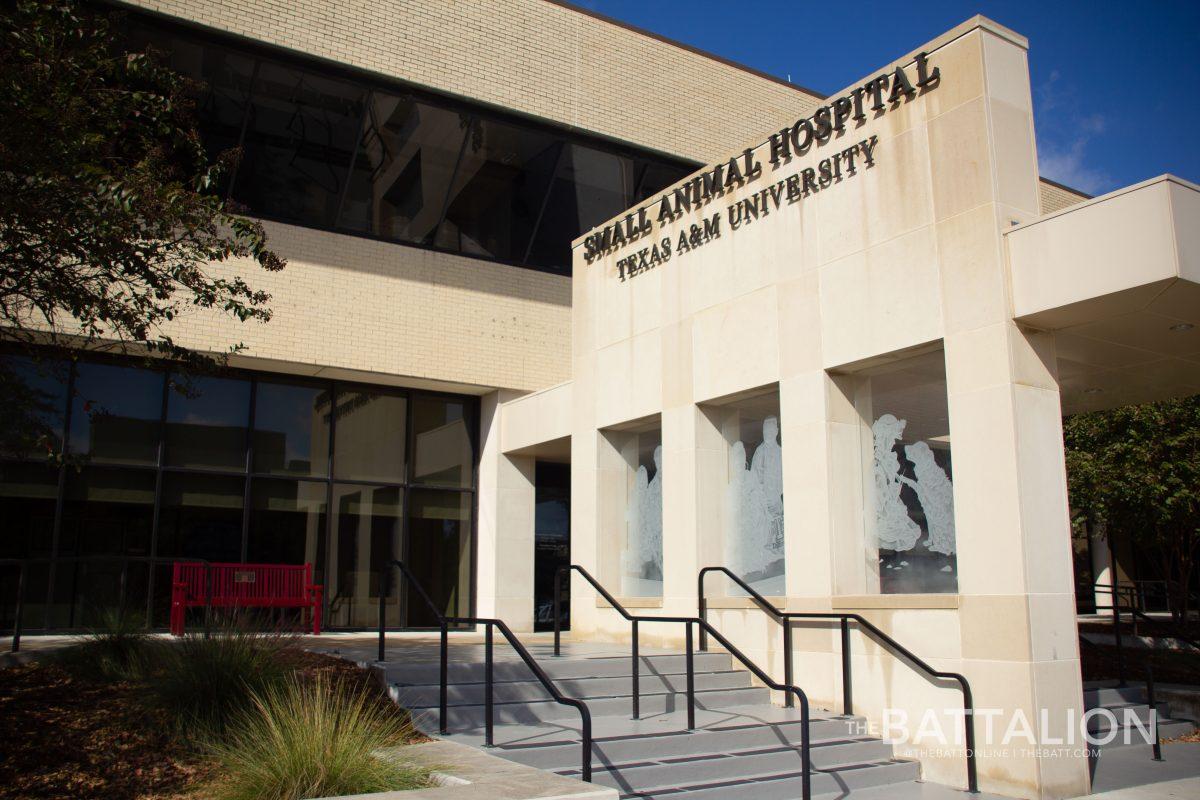“Home, for me, is not just a place. Home is a time and a place.”
These words, written on a booth at the Global Nomads exhibit, aimed to develop and explore the idea of the “Third Culture Kid” — an individual who has spent a significant portion of their lives in countries outside their parent’s culture. The exhibit was put on by student group MSC Freshman Leadership International, which put up posters and encouraged students to share stories of their lives abroad.
Colby Seay, graduate student in student affairs administration in higher education, has lived in Pakistan, Bangladesh, Saudi Arabia and Qatar. He moved to the United States in 2013.
“I usually just say I grew up everywhere,” Seay said. “My parents are international educators and they’ve worked in international schools around the world.”
Seay said despite what is A&M’s large TCK population, the university doesn’t really make a distinction between a domestic student and an international student — a gray area that TCKs often fall into.
“We thought having a program here that highlights a TCK’s culture and issues they face when they transition to American life would really help [A&M] recognize the population,” Seay said. “It would help TCK’s find each other and give them a platform in the A&M community.”
While many TCK’s declare the United States their “passport country,” they have spent a long enough time outside of the States to feel foreign to the American culture. Many of them proclaim answering the question “Where are you from?” can be utterly puzzling.
“My answer changes depending on who I’m talking to,” Seay said. “If they’re a TCK, I tell them my entire story. If they’re not, I generally tell them where I’m originally from and where I’ve grown up.”
Political science sophomore Carrigan Whiteley, who grew up in Indonesia, Singapore, Scotland and Thailand, said her initial instinct when asked this question is to change the subject or determine how deep of an explanation to give.
“Only TCK’s understand the complication behind one of the most simplest questions,” Whiteley said. “Normally I jokingly reply ‘Nowhere,’ although to us this is the answer we know most to be true.”
The exhibit hopes to highlight the difficult transition of TCK’s into the United States and assure them they are not alone.
“I knew how America was because I had visited and seen it in the TV shows but living here is totally different,” said Jose Chavez, agricultural economics and journalism sophomore who is half Swedish and who was raised in Guatemala. “When you have such a mix of cultures, you don’t know what home really is.”
Chavez said he, Seay and a friend named Elliot Jaeggi hope the exhibit might be the first step towards creating a network of students who share similar TCK experiences.
“I got together with Colby [Seay] and Elliot [Jaeggi] and thought maybe there are more people like us that feel this way,” Chavez said. “If we put on an exhibit and tried to promote this maybe we could get a network of people who can get together and share their stories.”
MSC FLI puts on Global Nomads exhibit to connect international students
January 29, 2015
0
Donate to The Battalion
$2790
$5000
Contributed
Our Goal
Your donation will support the student journalists of Texas A&M University - College Station. Your contribution will allow us to purchase equipment and cover our annual website hosting costs, in addition to paying freelance staffers for their work, travel costs for coverage and more!
More to Discover










